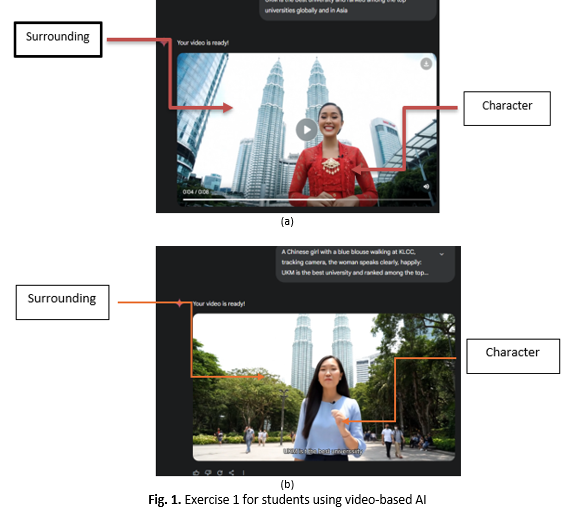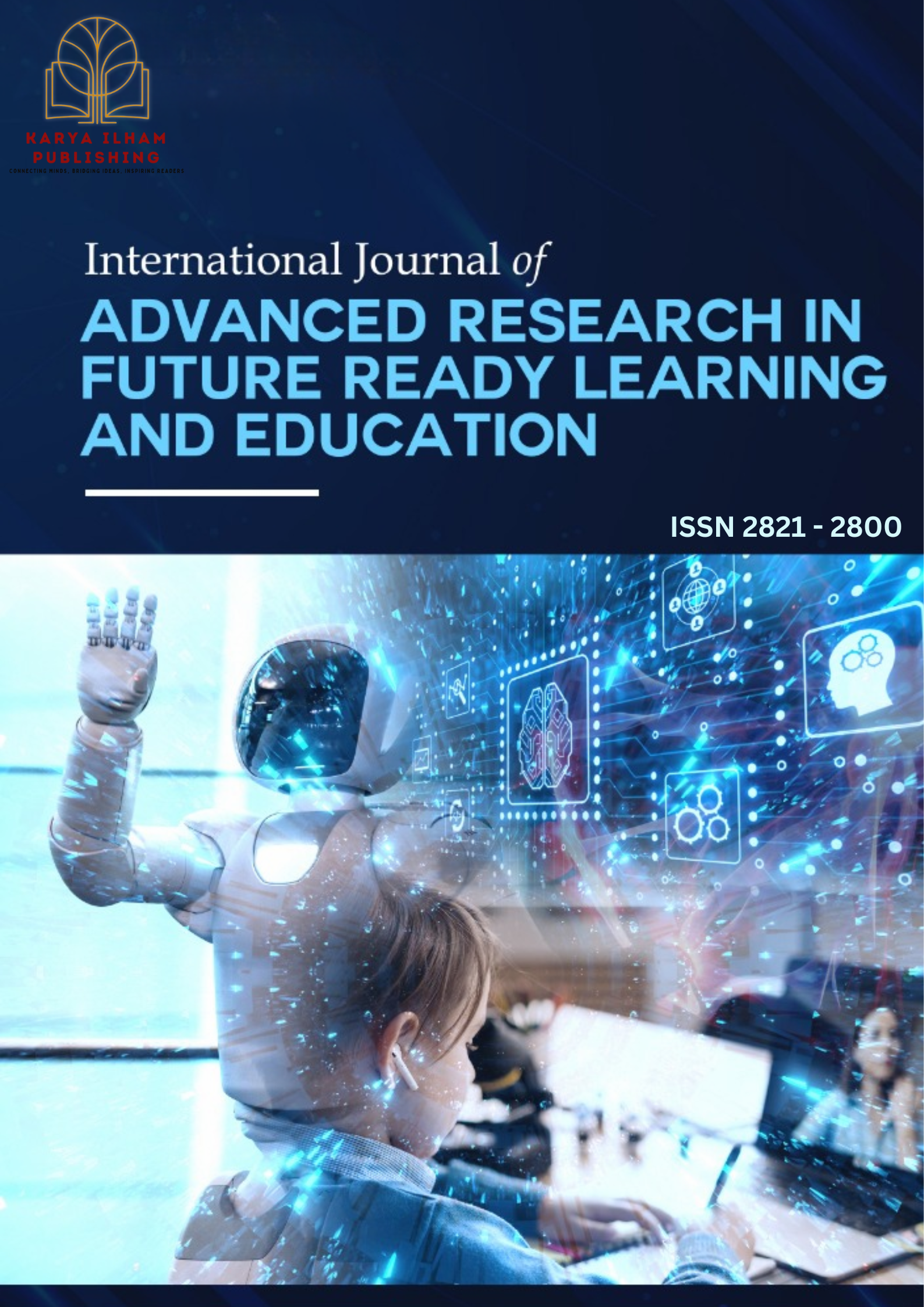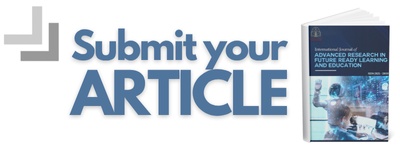Enhancing Engineering Students' Data Interpretation and Scientific Communication through AI Prompt Engineering and Video-Based Analysis
DOI:
https://doi.org/10.37934/frle.40.1.1222Keywords:
AI prompt, data interpretation, video-basedAbstract
A critical skill gap exists among final-year engineering students concerning the interpretation of complex data and its effective communication in scientific writing. Students frequently struggle to move beyond surface-level analysis of diagrams and tables, often overlooking crucial parameters, trends, or comparisons essential for robust academic reports. This study introduces and evaluates an innovative pedagogical approach designed to address this deficiency. The core objective is to enhance the capabilities of final-year engineering students in interpreting and explaining experimental and numerical data through the application of Artificial Intelligence (A.I.) Prompt Engineering. This method utilizes Gemini A.I., with lecturers defining specific learning outcomes based on data-rich videos generated by Veo 3 Gemini. Students are then tasked with constructing and refining targeted prompt sentences that align with the video content, guiding the A.I. to assist in identifying patterns, trends, and differences within the visual and quantitative data. Initial implementation of this approach yielded promising outcomes. Students who previously provided brief or incomplete interpretations demonstrated an improved ability to generate more comprehensive and structured explanations. Many exhibited enhanced skills in identifying trends, comparing variables, and highlighting key findings from both graphical and tabular elements embedded within or derived from the dynamic video content. Feedback collected from participants indicated that they found the approach intuitive and helpful in deepening their understanding of data presentation and analysis. These preliminary results support the viability of integrating A.I. Prompt Engineering into engineering curricula. This innovative teaching strategy, which combines AI-driven analysis with video-based learning, offers a dynamic and interactive experience that has the potential to significantly improve analytical thinking, scientific communication, and overall data literacy among engineering students, preparing them for the demands of their future careers.















